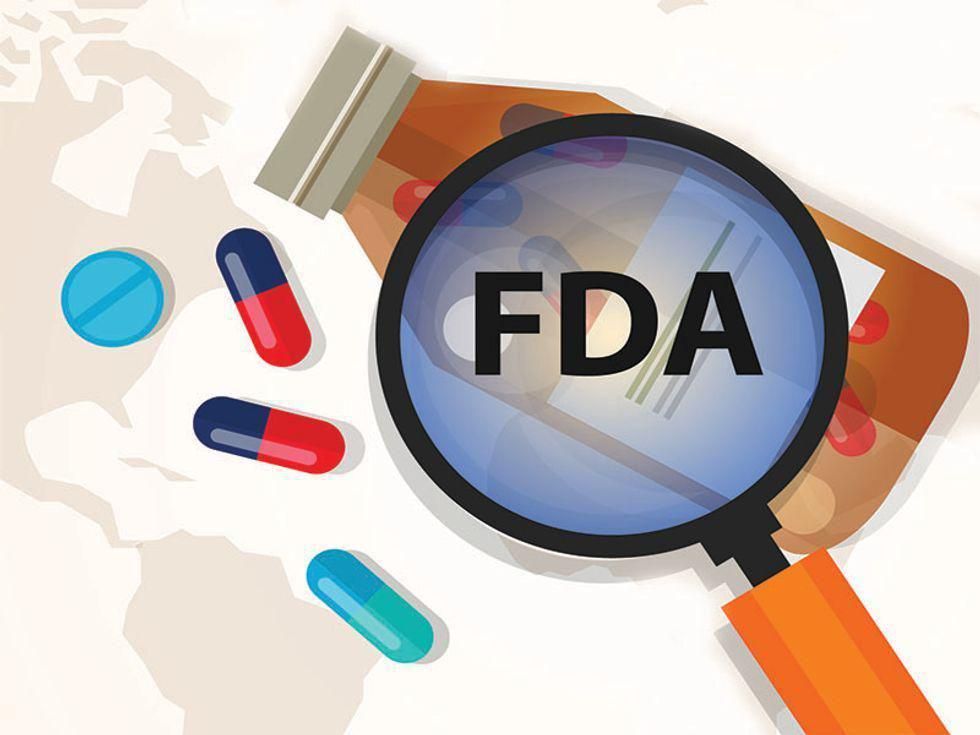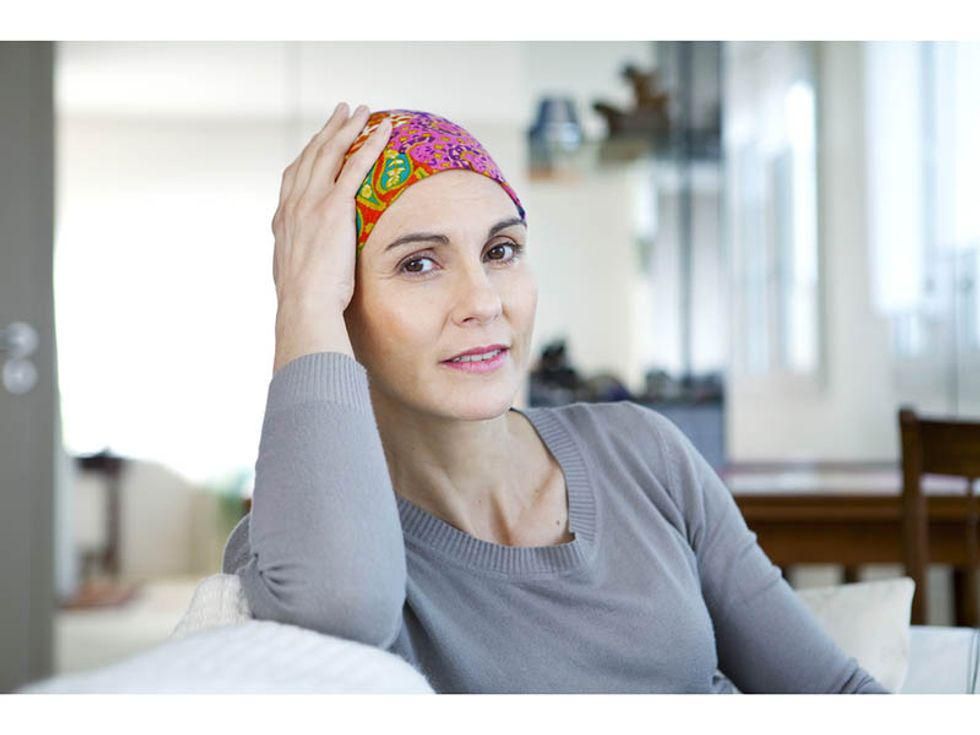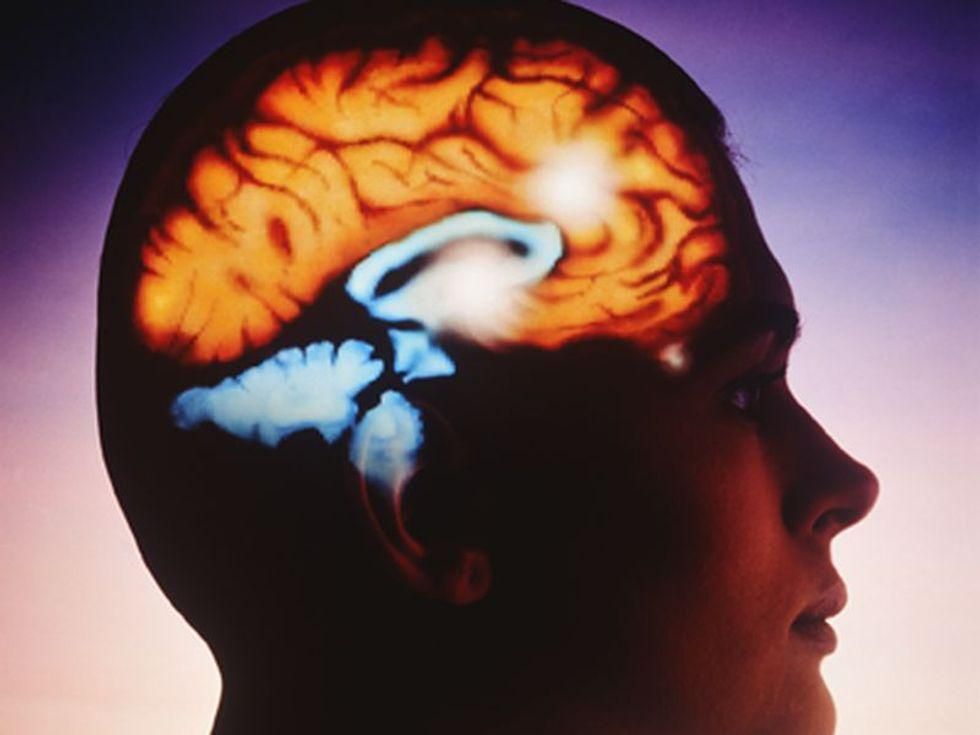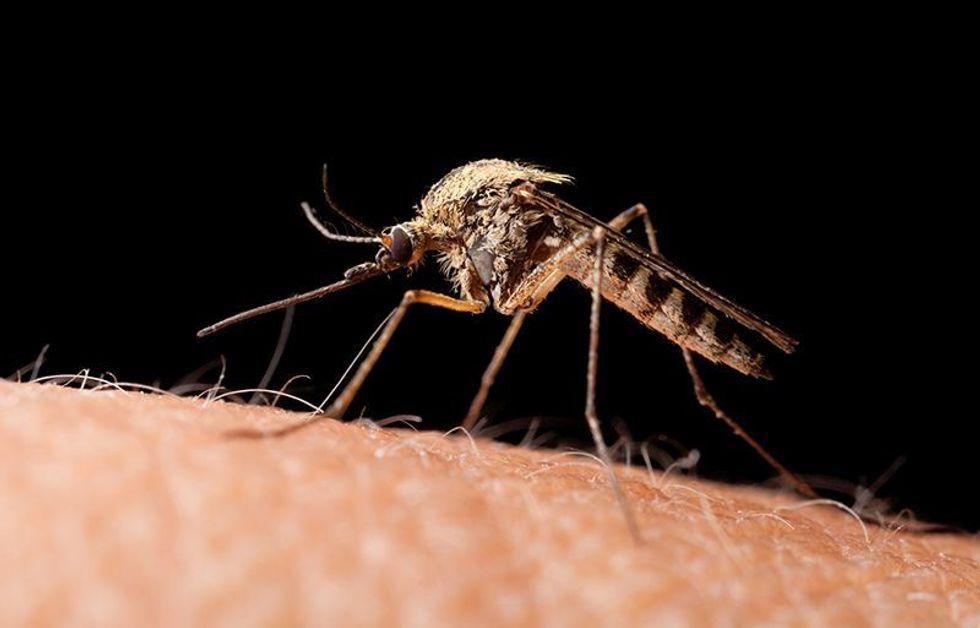
Your job may significantly increase your risk of catching the flu, with potential implications for the spread of other infectious diseases including COVID-19, according to new research. On average, working folks are 35% more likely to get the flu than those without jobs, but an analysis of U.S. federal data found sharp differences between certain… read on > read on >






























